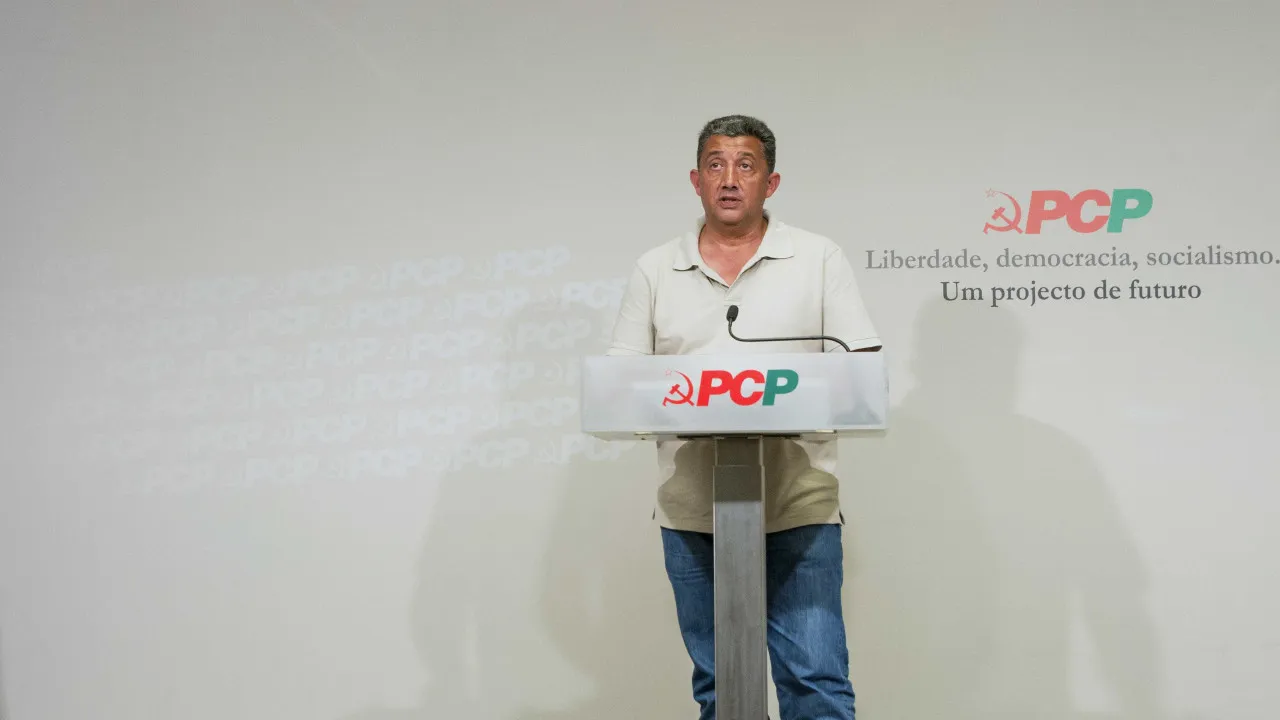
“Clearly, according to the prime minister’s concept, the great leap in fiscal justice apparently is the reduction of corporate tax for large companies; that’s the major measure. The rest is just for us to entertain ourselves a bit, talking about this or that benefit, this or that treat. The bulk, the lion’s share, we know who the tax reform is directed at,” criticized Paulo Raimundo.
The communist leader spoke to journalists at the Lisbon Book Fair, following Finance Minister Joaquim Miranda Sarmento, in Luxembourg, expressing hope that parliament will approve the reduction of personal income tax (IRS) by 500 million euros, set to take effect in September, as it did in 2024.
Questioned on whether lowering taxes for the middle class is important, Paulo Raimundo responded that “it’s extremely important but it needs to be reduced further,” offering a general criticism of the fiscal policy of the PSD/CDS-PP minority executive.
Paulo Raimundo dismissed the suggestion that the 500 million reduction is insignificant but emphasized that the XXV Constitutional Government’s program includes a corporate tax cut of five billion euros.
“This is the issue. If the Government gives us a carrot, are we all to chase it? No, we have to look at things as they are,” he critiqued.
A day after the prime minister met with Chega and PS regarding the upcoming NATO summit in The Hague, Netherlands, next week, Paulo Raimundo was asked what he would have said if invited and how he viewed Spain’s announcement rejecting the 5% GDP target for military spending, which is expected to be proposed to allies.
The secretary-general of the PCP criticized “the assembly” that gathered in the Assembly of the Republic to reject the motion against the Government’s program presented by the communists, alongside AD, PS, Chega, and IL.
“It’s obvious the prime minister would never invite us for such a conversation, for two reasons: one because he knows what we would say, and the second because he invited them because he also knew what they would say,” he answered.
Continuing his criticism of “the madness of the path to armament,” Paulo Raimundo suggested he could assist the prime minister in writing a letter, similar to Spain’s, indicating to NATO the refusal to reach the 5% GDP target, but offered another suggestion.
“Apparently, the prime minister is going to the NATO summit. It’s a good opportunity,” he concluded.




